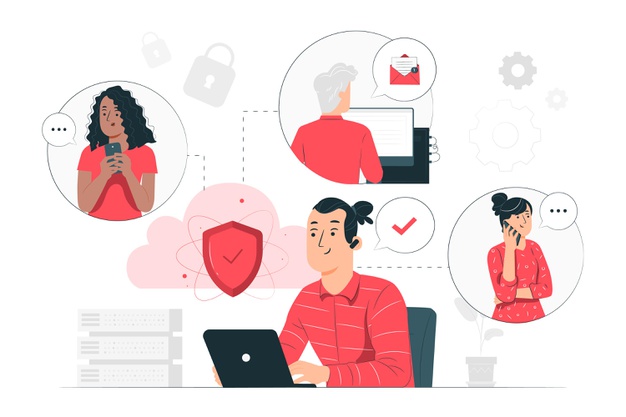RBI provides new set of guidelines for the Digital Banking and Payments ecosystem
3AI February 25, 2021

The master direction on digital payment security controls, released last week, casts a wide net.
The skyrocketing of online transactions in the country—Covid-19 has provided no small impetus, with the amount transacted via UPI doubling in January 2021, at Rs 4.3 lakh crore, from lasts year’s Rs 2.1 lakh crore—calls for fortifying cybersecurity in the country; indeed, a 2020 report from Cybersecurity Ventures estimates damage from cybercrime at $6 trillion by the end of this year, with the intensity of cyberattacks sharply up from one every 11 seconds in 2021 versus one every 40 seconds in 2016.
The Reserve Bank of India has, therefore, done well to provide regulatory direction in this regard, with a new set of guidelines for the digital banking and payments ecosystem. The master direction on digital payment security controls, released last week, casts a wide net.
Not only do the new rules require regulated entities (REs)—scheduled commercial banks, small finance banks, payments banks and credit-card-issuing NBFCs—to conduct periodic assessment of apps, REs are also required to assess associated third-party services. REs will have to assess cyber-risk based on defined parameters like technology stack, operational risk, data storage, etc.
Compatibility and interoperability are also parameters that need to be incorporated into risk assessment. While the rules require REs to have their own trained resources for managing cyber-risk, RBI has said that it will be releasing guidelines on engaging third-party operators, for REs wishing to outsource such functions. While the guidelines pertain to the digital financial services ecosystem, RBI’s focus is digital payment applications.
REs would be required to conduct source-code checks, vulnerability testing and penetration testing every six months for payment systems. Third-party operators, thus, will not only be subject to rigorous periodic testing, but they will also have to submit their source code to REs to ensure continuity in service. They will also be subject to penal provisions in case of no compliance.
The new guidelines also want REs to setup a near-real-time conciliation mechanism (24-hour settlement) along with a robust grievance redressal system that can process requests faster. Besides, the rules lay down methods for multi-factor authentication and more secure internet-banking services, requiring REs to follow the highest security standard protocols. As the intensity of phishing attacks using SMS, e-mails and tele-calling have increased, the rules call upon REs to focus on preventing such attacks.
There have been situations in the past where users’ debit card and account information have been leaked; so, the rules require REs to secure such data. The aim is to avoid another HDFC-like episode. After two years of service outages, RBI had to stop the bank from releasing any new digital products or updating its services.
If cyberattacks are to be preempted meaningfully, the government needs to require app developers participating in the ecosystem to carry out testing and ensure they follow specific standards. The government needs to, thus, release cybersecurity guidelines for devices and apps.
A testing and certification ecosystem has also been talked about, comprising registered firms and individuals to carry out security testing and audits. Unless the government moves fast on the cybersecurity front—the review of the national cybersecurity strategy has been pending for seven years now—digital services would be open to attacks.
Picture from freepik.com






